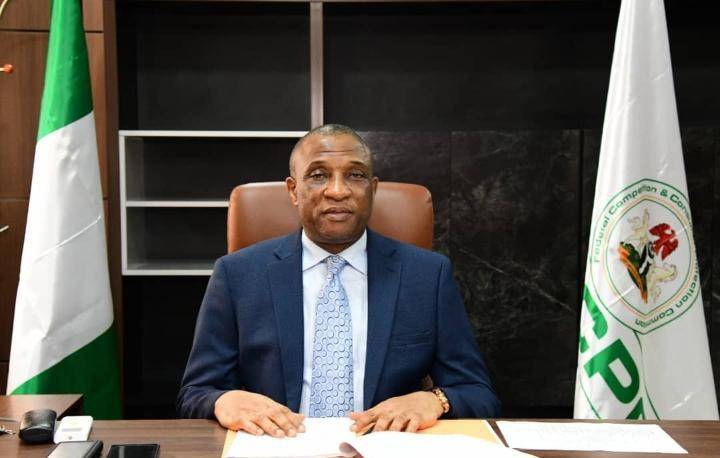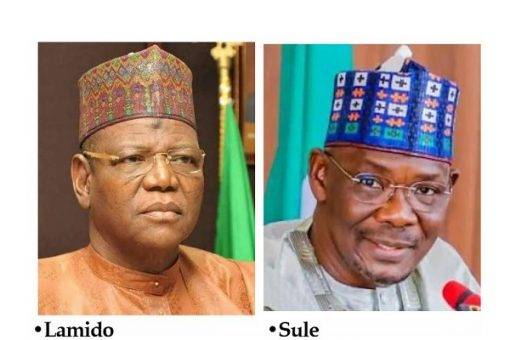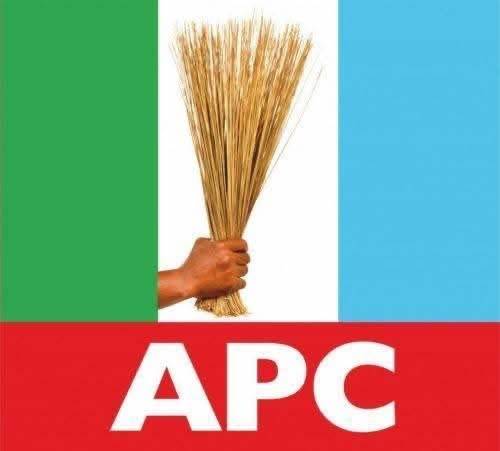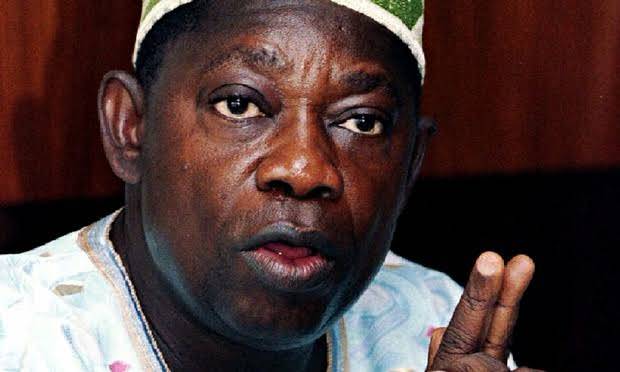Investors blame apathy on illiquidity, seek fresh incentives
Attempts by the capital market regulators to woo investors have not yielded the desired result, with investors blaming apathy and illiquidity for the poor performance of the capital market.
The Guardian investigation shows that about 25 per cent of companies listed on the Nigerian Exchange Limited (NGX) trade at par value of 50 kobo.
With the equities remaining at par value, it means that the shares have been retained at the prices quoted in the corporate charters, thus undermining the maturity value of such stocks.
As at close of transactions on Friday, February 18, 2022, about 38 out of a total 161 quoted companies remained flat at 50 kobo per share across sectors.
Under the insurance sector, over 14 companies under the sector closed below 50 kobo value.
For instance, Prestige Assurance closed at 43 kobo while Regency Assurance stood at 39 kobo. International Energy Insurance, Mutual Benefit Assurance, Niger Insurance, Sunu Assurance, Universal Insurance closed at 38 kobo, 28 kobo, 20 kobo, 39 kobo, and 20 kobo among others.
Under the waste management sector, the Initiates closed at 44 kobo while Associated Bus Company stood at 32 kobo under the road/ transportation sector. Japaul Gold stood at 39 kobo under the energy and equipment sector while multiverse under the mining sector closed at 25 kobo.
Chams under the IT sector stood at 23 kobo while Omatek under the computer-based sector stood at 20 kobo among others.
Although the market was adjudged the best in Africa and ranked third in the world in terms of return to investors in 2017. Also, in 2020, the market was judged the best globally but at the end of 2021, the marginal 5.7 per cent growth.
Operators blamed the increasing level of insecurity, kidnapping, unemployment, weak naira and GDP growth, high inflation and dwindling revenues.
Other factors that have constituted disincentives to the stock market during the review period to include port congestion, multiple taxation and parlous infrastructure, forex instability and persistent devaluation of the Naira, which have triggered uncertainties and affected the importation of raw materials needed for production, as well as the inability to do proper planning and reduction in purchasing power.
In addition, the Nigerian capital market has been operating under a tough economic climate in the last few years as evident in the incessant bearish trend witnessed up till 2019, before the policy of the Central Bank of Nigeria (CBN) on Open Market Operations (OMO) led to the crash of yields on fixed-income securities.
Expectedly, investors took to flight for safety and reverted to purchase of equities, with multiplier effects on the rise across various performance indicators.
It is not heartwarming to say that the Nigerian capital market, relative to the size of the country’s economy, is still abysmally low, as the market capitalisation to GDP ratio stands far below 20 per cent, in contrast to South Africa’s 348.3 per cent and Brazil’s 68.4 per cent.
The ratios in the key developed economies are more than 100 per cent. The participation of Nigerians in the capital market is very low. Less than five per cent of the country’s population are involved in the market as investors, while less than one per cent of registered companies are listed.
This is despite various initiatives put in place by the regulators to restore investors’ confidence and attract more issuers to the market.
Notable among them being the establishment of the National Investors Protection Fund, to cushion the adverse effect of losses suffered in the capital market, the e-dividend policy designed to minimise cases of unclaimed dividend.
The regulators have provided issuers and investors with a responsive, fair and efficient securities market, using cutting-edge technology, and providing local and foreign investors access to the Nigerian securities market in an environment of a strong regulatory framework and reliable trading and settlement systems.
The NSE currently has a more attractive portfolio of services and products, although investors have maintained a strong appetite for equities.
Investors who spoke with The Guardian on the development argued that investors’ confidence in the market would remain low until the government focused more on policies that would boost liquidity and make the market thrive for both local and foreign investors.
They maintained that Nigeria’s natural endowments still make it a very attractive investment destination, which must be strategically supported by well-thought-out policies.
Furthermore, investors complained that while the regulators and stockbrokers have been working hard to create new products to fast-track growth, the buy-side of the market remained weak, especially from the local investor.
An independent investor, Amaechi Egbo, pointed out that due to investors’ apathy, supply is presently outstripping demand for shares in the market.
He argued that without favourable monetary and fiscal policies from the government and other positive macroeconomic variables, the impact of such investor friendly policies may not be felt in the market.
Egbo also called for consistency with the foreign exchange (FX) policy in line with global best practices, adding that it is the local investors who ultimately will bring stability to the equity market.
“One thing is certain if the shares are there and no one is picking them, of course, the market will be depressed and that is what we are seeing in the market presently.
“Generally, in the economy, there is no liquidity and the foreign investors that left the market are not coming back. So I see the issue of supply over stripping demand. Secondly, there is also the non-availability of a fund to buy shares in the stock market.
“The issue of FX which the government is currently addressing is a big problem if not sustained. For foreign investors, if the exchange rate is not favourable to them, they will withhold their money and wait till the exchange rate is stabilised, a rate that is a true reflection of what is happening in the economy.”
President, Standard Shareholders Organisation, Godwin Anono, said unless government and regulators ‘wielded the big stick’ on firms that reneged on the promise to list their shares on the NSE secondary market after undertaking private placement estimated at N700 billion during the boom period, the problem of illiquidity may persist.
According to him, companies that had undertaken private placement during the boom have tied down investors’ funds without listing the shares on the exchange to generate returns as stated in the prospectuses.
He noted that this has created many liquidity problems for the equities segment and further depressed the market, as these retail investors do not have the purchasing power to patronise the market.
Anono argued that if part of the money is recovered and deployed to the stock market, the bourse would have the needed funds to spur activities in the market, attract more investors and bolster the economy.
The President, Pragmatic Shareholders Association of Nigeria, Bisi Bakare noted that where supply is more than demand automatically prices would drop.
She said although the market capitalisation has improved but added that the growth is not all-inclusive as only a few dominating stocks with high capitalisation are recording price appreciation while others had remained stagnant over the years.











